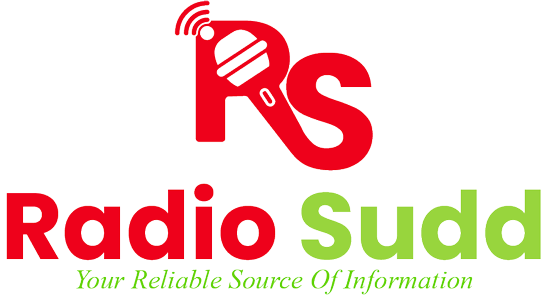By Deng Ghai Deng
Juba, South Sudan — As the world observes World Press Freedom Day this week, a chilling reality is unfolding for journalists and media organizations in South Sudan. Deep cuts in global media funding are exacerbating an already precarious environment marked by censorship, intimidation, and restricted access to information, raising serious concerns about the future of independent journalism in the country.
The recent decision by international donors, including the United States Agency for International Development (USAID), to significantly reduce or suspend financial support for media development projects has sent shockwaves through the South Sudanese media landscape. This withdrawal of crucial resources has already forced numerous community radio stations to scale back operations or shutter entirely, leaving many journalists jobless and without the means to continue their vital work.
Patrick Oyet, President of the Union of Journalists of South Sudan (UJOSS), minced no words about the detrimental impact of these funding cuts, particularly USAID’s decision. “The cut in funding to media houses… is negatively impacting on press freedom in that the quality of the work going out will definitely be compromised,” Oyet stated.
He further elaborated on the crucial role of external funding in maintaining media independence. “From experience we have is that most of the media houses that get funding from outside South Sudan… were more independent because then they were not attached to any financial connections in the country. Now with a cut in funding definitely, first of all the independence of these media houses will be compromised because they have to look for money locally.” Oyet highlighted the inherent risk of local financial dependencies, explaining how media outlets might become hesitant to criticize powerful local entities providing advertising or program sponsorships, even in cases of corruption.
The Association for Media Development in South Sudan (AMDISS) echoes these concerns, warning that dozens of local radio stations reliant on international support now face imminent closure. The resulting lack of operational funds will inevitably lead to reduced coverage of critical issues, a weakening of civic education initiatives, and fewer platforms for essential dialogue between citizens and their leaders.
Oyet specifically emphasized the vulnerability of community radio stations operating in rural areas and broadcasting in local dialects. “These have been very important for purposes of communicating directly to the rural population in a language they understand, but these media houses have been depending on funding from outside. Now if that funding is not there, they will not be able to maintain the solar system they have, they will not be able to buy fuel in generators, they will not be able to pay staff, and as such they will have to close.”
The erosion of media independence due to financial constraints is compounded by a worrying trend of increasing state interference. The 2023 report by the UN Commission on Human Rights in South Sudan documented numerous instances of journalists facing surveillance, intimidation, and arbitrary arrest. The absence of international support structures is feared to further exacerbate these already challenging conditions.
Human rights organizations like the Community Empowerment for Progress Organization (CEPO) are urgently appealing for international intervention. Edmund Yakani, CEPO’s Executive Director, stressed the critical importance of supporting independent media. “Supporting independent media is not charity; it’s a necessary investment in peace, accountability, and democratic governance,” Yakani asserted.
World Press Freedom Day, observed annually on May 3rd, was established by the United Nations General Assembly in 1993. This day was created following a recommendation from UNESCO (United Nations Educational, Scientific and Cultural Organization) to promote the importance of a free and independent press worldwide. It serves to raise awareness of the challenges journalists face in many parts of the world, including censorship, threats, and violence, and to honor those who have lost their lives in the pursuit of truth. World Press Freedom Day also highlights the essential role of a free press in democracy and the protection of human rights.
This is reported with a grant from Journalists for Human Rights under the ‘Tackling Mis/Disinformation Project,’ funded by the Peace and Stabilization Program of the Government of Canada.
